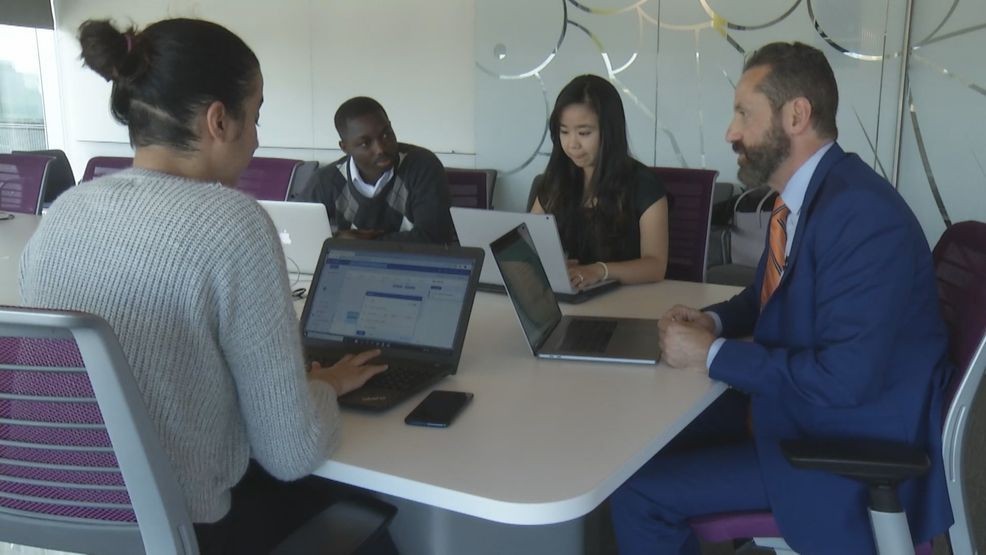In recent years, there has been a significant shift in the workplace priorities, particularly among the newer generations. This shift, as revealed by a study conducted by Indeed, challenges the traditional view that a successful career is marked by ascending the corporate ladder, obtaining promotions, new challenges, and higher pay.
Working hard and climbing to the top of one’s career ladder has been long considered a benchmark of success and contentment in a job. However, this long-standing belief seems to be losing ground in contemporary workplaces. What’s triggering this transformation? It’s the younger workforce – primarily made up of Gen Z and millennials – who envision a different kind of professional life for themselves.
According to this fresh set of workforce, success isn’t merely associated with the rise in positions or becoming a part of the corporate elite. They are keenly aware of the negatives that traditionally accompany this uphill climb, such as extended working hours and the ever-increasing stress levels.
A perspective that’s been gaining traction in social media platforms, prominently in TikTok, shows the extent to which this idea has permeated the younger generations. Numerous Gen Z and millennial employees are sharing their thoughts on the subject and resonating with their peers. This displays a profound understanding and sympathy for their compatriots in the same situation and generation.
A survey undertaken by Deloitte supports this viewpoint. The study reveals that work-life balance has come to be valued above all else by Gen Z and millennials when deciding their place of work. The bulk of these workers, approximately 90%, express that what motivates them and brings them professional contentment is a sense of purpose in their job.
The idea of community involvement and the company’s positive societal impact have also emerged as imperative. In fact, nearly half of them still handled financial stresses post-holidays, contributing to their demand for more balance in work and life.
The younger generations aren’t just motivated by monetary gain. They place a high value on job satisfaction and promotion of social good by their place of work. Salaries and job titles aren’t the only things they’re looking at anymore.
Underscoring this shift in mindset, the study shows the evolving workplace demand of Gen Z and millennial workers: flexibility. These young professionals are making a call for part-time roles or the possibility of a four-day work week, testifying to their evolving professional needs.
While wanting to descend or stay stagnant in the corporate lifecycle runs the risk of ending up in a dead-end job with lower wages and limited promotion chances, the study reveals that a third of its participants reported feeling stressed regularly at work. It’s clear to see what’s reinforcing their belief that the traditional understanding of “career progression” may not be worth the potential mental toll.
As a result, workplace mental health is another area where participants want to see more emphasis from employers. They hold a strong belief that prioritizing mental health will not only benefit the employees but will also enrich the overall workplace environment and productivity.




